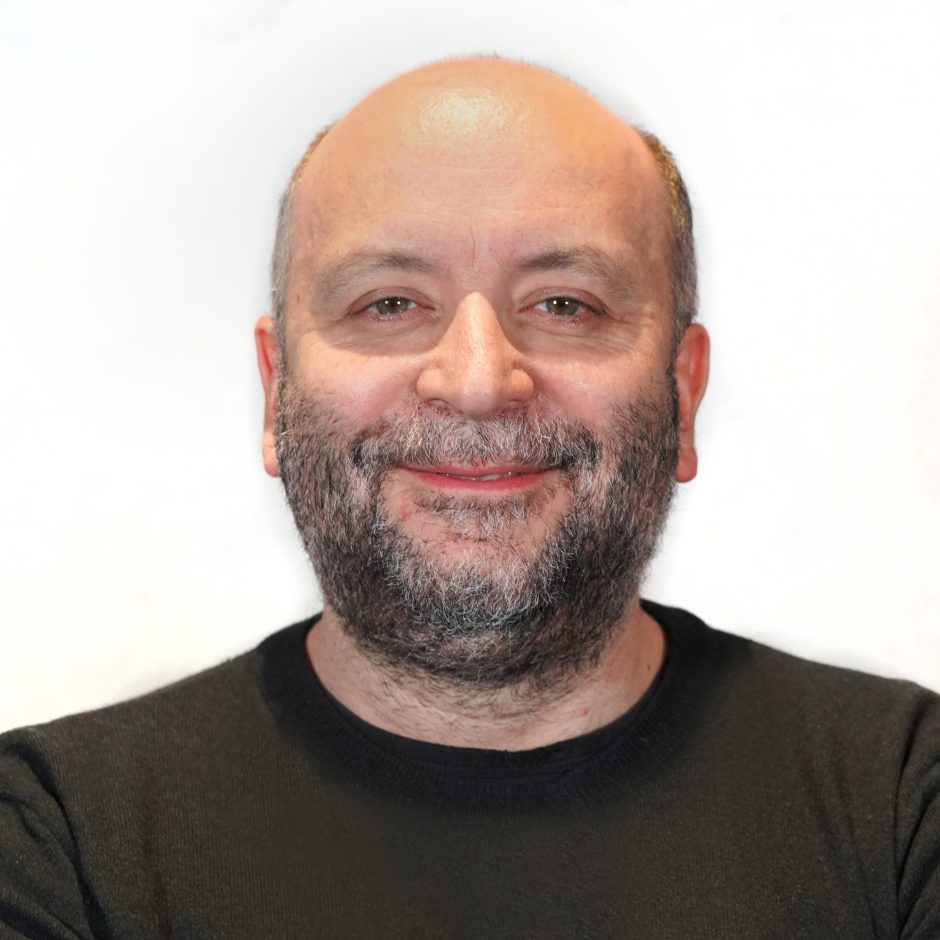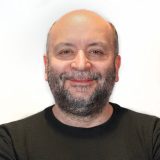Alibert Yann, Prof. Dr.


Please give us a personal quote or a quote of a famous person (e.g. of Albert Einstein) that describes you and your life/work.
doing good and let people speak
Please describe your job in only one sentence and tell us what the most important goal of this work is.
My ideal job description: thinking and solving (scientific) problems.
My real job description (this month): answering emails and writing reports.
How did you get into this research/work field?
because my wife found a PhD lab in Lyon, so I had to find a PhD lab also in Lyon, and it happened to be in astrophysics. Then my wife found a postdoc in Basel, so I looked for a postdoc around. I knew Willy already, I contacted him, he told me he was looking for a postdoc in the field of ‘coupling between gas and solids in protoplanetary disks’. I then started to read the litterature to try to cook up a project related to this the field. The one I found was to couple planet formation, migration and disk evolution models.
What would be the greatest discovery you would like to see in your life time?
Two technological:
– energy production from fusion (to see how a society with virtually infinite energy source would look like)
– quantum computing (to see if it is a theorist dream or something feasible)
Two scientific:
– the understanding of how life appeared on Earth (or elsewhere in case)
– the understanding of how our brain works (‘equations solving equations’)
One astronomical/artistic:
– get a picture of the Milky Way seen from the Magellanic clouds
You work for the NCCR PlanetS. What do you think will the NCCR enable you to do you couldn’t do without it?
Learning and understanding fields that are not my own (instrumentation, observations, lab measurements, etc…) but are closely related.


Comments are closed.